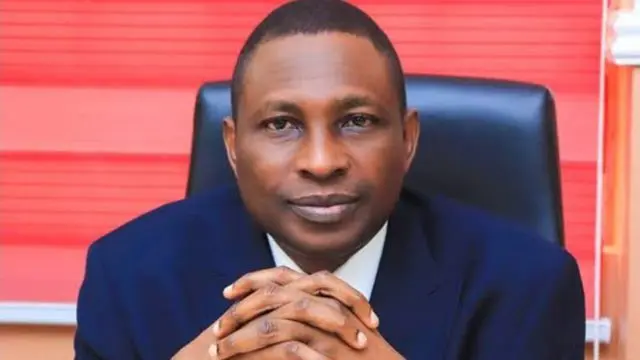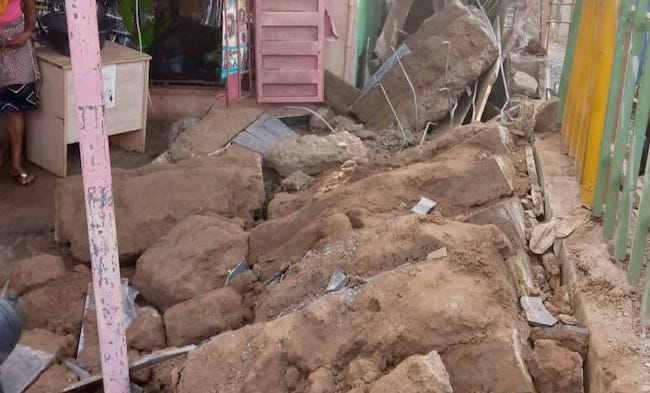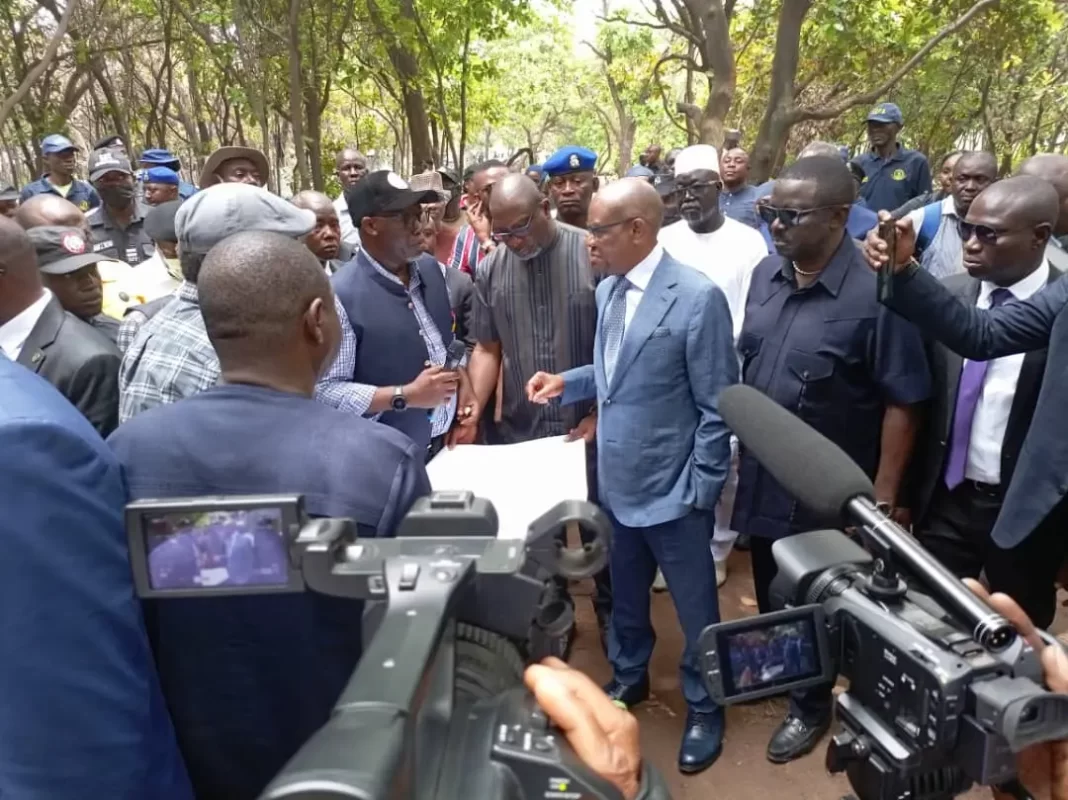By Milcah Tanimu
President Bola Tinubu has announced the appointment of Mr. Ola Olukoyede as the new Chairman of the Economic and Financial Crimes Commission (EFCC). This decision is in accordance with the powers vested in President Tinubu, as established in section 2 (3) of the Economic and Financial Crimes Commission (Establishment) Act, 2004, which states that “the Chairman and members of the Commission, other than ex-officio members, shall be appointed by the President.”
Presidential spokesman, Ajuri Ngelale, revealed this appointment on Thursday. Mr. Olukoyede is a lawyer with more than 22 years of experience as a regulatory compliance consultant and specialist in fraud management and corporate intelligence.
He has substantial experience with the operations of the EFCC, having previously served as Chief of Staff to the Executive Chairman from 2016 to 2018 and as Secretary to the Commission from 2018 to 2023. He fulfills the statutory requirements for appointment as the Chairman of the EFCC.
This appointment follows the resignation of the suspended Executive Chairman of the Economic and Financial Crimes Commission (EFCC), Mr. Abdulrasheed Bawa.
Additionally, President Tinubu has approved the appointment of Muhammad Hassan Hammajoda to serve as the Secretary of the anti-graft Commission. He will have a renewable term of five years in the first instance, pending Senate confirmation. Muhammad Hassan Hammajoda is a public administrator with extensive experience in public finance management. He holds a Bachelor of Science degree in Accounting from the University of Maiduguri and a Masters in Business Administration from the same university.
He began his career as a lecturer at the Federal Polytechnic, Mubi, and subsequently worked in the banking sector, including successful stints at the defunct Allied Bank and Standard Trust Bank.
President Bola Tinubu has called upon the new leadership of the Economic and Financial Crimes Commission (EFCC) to justify the confidence placed in them, as the fight against corruption remains a central pillar of his “Renewed Hope” agenda, supported by a reformed institutional framework in the anti-corruption sector.





